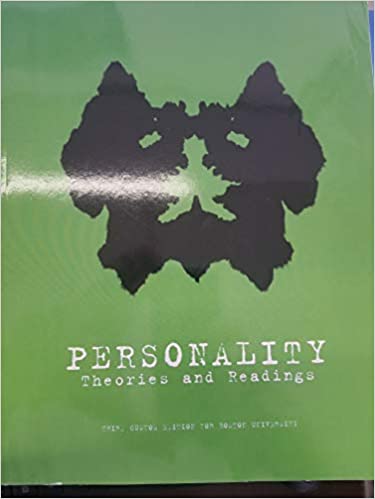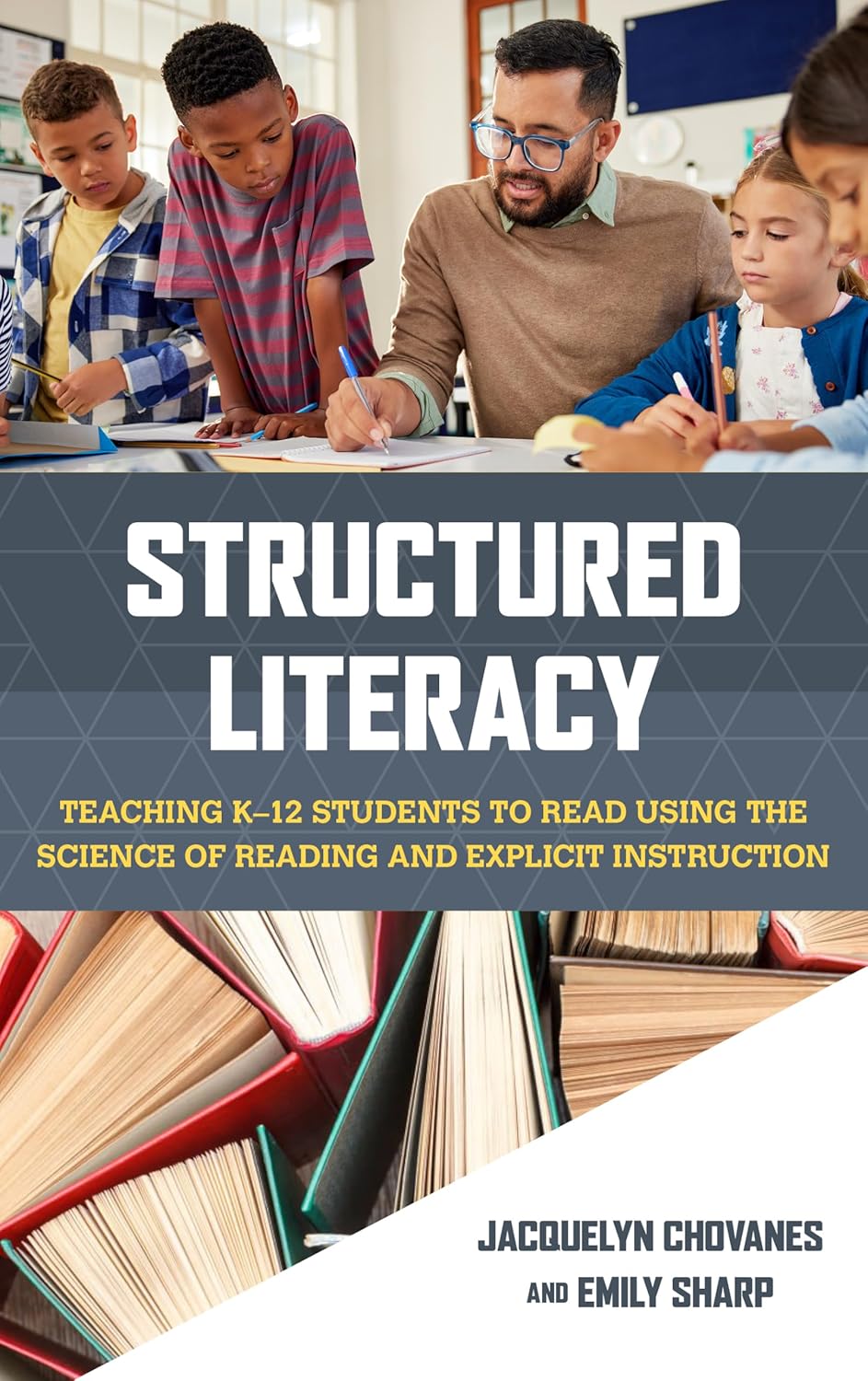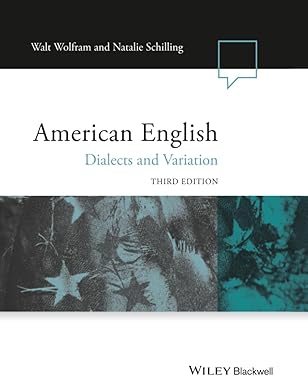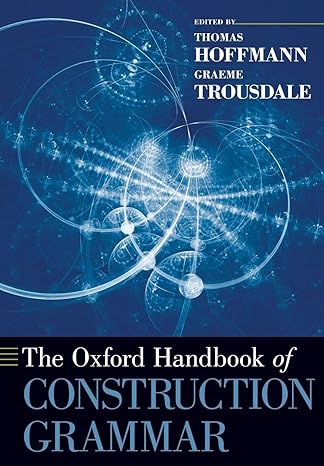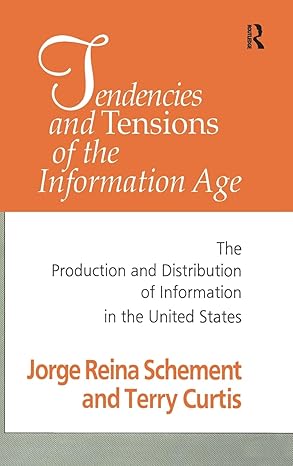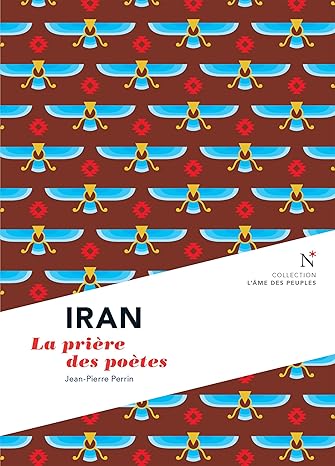Personality Theories and Readings, Third Custom Edition for Boston University. Personality: Classic Theories and Modern Research, Sixth Edition by Howard S. Friedman
and Miriam W. Schustack. The Personality Reader, Second Edition by Miriam W. Schustack and Howard S. Friedman. Copyright © 2020 by Pearson Education, Inc.
Preface
We are very pleased with the reasons for the success
of the first five editions of our personality
course. Instructors and students are excited
about retaining the best insights of the “classic” theories of
personality while adding the cutting-edge “modern” emphases,
including studies of personality and culture, ego,
evolution, gender, person–situation interactions, and positive
psychology. We show how classic discoveries, when
paired with modern research, are freshly relevant to current
challenges in the real world. Thus, although in one sense
this course involves a natural progression from previous
personality courses, in another sense it is new—classic theories
as illustrated and considered by modern research.
Seven features continue to set this course apart, guiding
its development as a distinctive choice in personality
courses.
First, and most important, this course encourages critical
thinking about human nature. Students are learning
specific content, but they are also learning how to evaluate
assumptions, theories, and research. Do not be deceived—
although this course seems enjoyable and easy to read, we
hold to the highest scientific and intellectual standards.
One of its goals, in all seriousness, is to continue to have
students return years later and say, “This course helped
shape my life.” Students do indeed give the course high
ratings for being clear but thought-provoking.
Second, this course strives for a coherence and balance
that arises from viewing personality as having eight
basic aspects (psychoanalytic, ego, biological, behaviorist,
cognitive, trait, existential–humanistic–positive, and
situational/interactionist aspects). Our view is that human
complexity derives from multiple influences—including
biological predispositions, early experiences, cognitive
structures, reinforcements, situational demands, and selfactualizing
motivations. It is not the case that one approach
is always “right” and another is always “wrong”;
each has insights to contribute. Thus, we take an optimistic
approach, focusing on what each approach has to offer, but
also examining its limitations.
Third, this course integrates theory and research. Although
the lives of personality theorists are sometimes
used as illustrations, the focus is on the intellectual content
rather than on biography. Dead-end approaches of minor
historical interest are not included. The most modern research
is integrated with the original theory. For example,
the chapter on Freudian psychoanalytic approaches ends
with a discussion of modern cognitive approaches to the
unconscious. Similarly, the work of Henry Murray and
Harry Stack Sullivan is shown to lay the groundwork for
modern interactionist approaches, and the work of Carl
Rogers and Abraham Maslow foreshadows the modern
field of positive psychology. The aim is to capture the brilliant
insights of classical theorists and reveal how their
ideas have been studied and sometimes realized in modern
research. Throughout, we retain the focus of our title,
Personality: Classic Theories and Modern Research.
Fourth, this course continues and extends a substantial
integration of cultural and gender issues, topics traditionally
neglected. The emphasis is on science and logic
rather than on political correctness. For example, the problems
of test bias are emphasized, but without disparaging
all testing. The cultural boundedness of each theorist is
noted, but without disdain; we are all blinded in part by
our times and cultures. These timely issues are integrated
throughout the course, as well as considered in separate
chapters, for today’s diverse society and students.
Fifth, this course presents a connected and reflective
approach to thinking about personality, with evaluation
and integration emphasized as the course proceeds. The
course strives to help students understand personality as
relevant to important issues in their own lives and in society.
For example, the implications of biological influences
on personality are carefully evaluated. Just as important
new developments in behavioral genetics and brain physiology
cannot be ignored, the dangers of a modern eugenics
movement must be carefully presented for student thought
and discussion. Similarly, students who enter college with
a religious background want to know how personality
psychology interfaces with their beliefs. The different perspectives
on personality reflect, in part, the assumptions
and values of their proponents, and we repeatedly urge
students to think for themselves about what it means to be
a person. This course tells a story about human character.
Sixth, this course concludes with several chapters on
practical applications to individual differences, including
information that helps students understand the sources of
hate and terror. Personality research and theory are highly
relevant to current societal thinking about gender differences,
health differences, cultural differences, religion, and
love and hate. These chapters may be selectively omitted
in a short course.
Seventh, this course puts personality back into the
field of personality. We have tried to continue this course’s
reputation as being exceptionally well-written and full of
examples that pique students’ interest. Students learn best
when fascinated with the material; attention to literary
چکیده فارسی
نظریهها و خوانشهای شخصیت، سومین نسخه سفارشی برای دانشگاه بوستون. شخصیت: نظریه های کلاسیک و تحقیقات مدرن، ویرایش ششم توسط هوارد اس. فریدمن
و میریام دبلیو شوستاک. شخصیت خوان، ویرایش دوم توسط Miriam W. Schustack و Howard S. Friedman. حق چاپ © 2020 توسط Pearson Education, Inc.
پیشگفتار
ما از دلایل موفقیت بسیار خرسندیم
از پنج نسخه اول شخصیت ما
دوره. مربیان و دانش آموزان هیجان زده هستند
در مورد حفظ بهترین بینش از نظریه های "کلاسیک"
شخصیت و در عین حال افزودن تأکیدات «مدرن» به روز،
از جمله مطالعات شخصیت و فرهنگ، نفس،
تکامل، جنسیت، تعاملات فرد- موقعیت، و مثبت
روانشناسی ما نشان می دهیم که چگونه اکتشافات کلاسیک، چه زمانی
همراه با تحقیقات مدرن، به تازگی مرتبط با
فعلی هستند
چالش ها در دنیای واقعی بنابراین، اگرچه به یک معنا
این دوره شامل یک پیشرفت طبیعی از قبل است
دوره های شخصیت، به معنایی دیگر، جدید است - نظریه های کلاسیک
همانطور که توسط تحقیقات مدرن نشان داده شده است.
هفت ویژگی همچنان این دوره را متمایز می کند و راهنمایی می کند
رشد آن به عنوان یک انتخاب متمایز در شخصیت
دوره ها.
اولین و مهمتر از همه، این دوره آموزشی انتقادی
را تشویق می کند
فکر کردن به طبیعت انسان دانش آموزان در حال یادگیری هستند
محتوای خاص، اما آنها همچنین در حال یادگیری نحوه ارزیابی هستند
مفروضات، نظریه ها و تحقیقات. فریب نخورید—
اگرچه خواندن این دوره لذت بخش و آسان به نظر می رسد، ما
بالاترین استانداردهای علمی و فکری را رعایت کنید.
یکی از اهداف آن، با جدیت تمام، ادامه داشتن
است
دانشآموزان سالها بعد برمیگردند و میگویند: «این دوره کمک کرد
زندگی من را شکل دهد.» دانش آموزان در واقع درس را بالا می دهند
رتبه بندی برای واضح بودن اما قابل تامل.
دوم، این دوره برای یک انسجام و تعادل تلاش می کند
که از تلقی شخصیت به عنوان دارای هشت ناشی می شود
جنبه های اساسی (روانکاوی، ایگو، زیستی، رفتارگرا،
شناختی، صفت، وجودی-انسانی-مثبتی و
جنبه های موقعیتی/تعامل گرایانه). دیدگاه ما این است که انسان
پیچیدگی از تأثیرات متعدد ناشی می شود - از جمله
استعدادهای بیولوژیکی، تجربیات اولیه، شناختی
ساختارها، تقویت ها، خواسته های موقعیتی و خودشکوفایی
انگیزه ها چنین نیست که یک رویکرد
همیشه «درست» و دیگری همیشه «اشتباه» است؛
هر کدام بینشی برای مشارکت دارند. بنابراین، ما یک خوش بینانه
می گیریم
رویکرد، تمرکز بر آنچه هر رویکرد برای ارائه دارد، اما
همچنین محدودیت های آن را بررسی می کند.
سوم، این دوره تئوری و تحقیق را ادغام می کند. اگرچه
زندگی نظریه پردازان شخصیت گاهی
است
به عنوان تصویر استفاده می شود، تمرکز بر محتوای فکری است
به جای زندگی نامه رویکردهای بن بست مینور
منافع تاریخی را شامل نمی شود. مدرن ترین تحقیقات
با نظریه اصلی ادغام شده است. به عنوان مثال،
فصل رویکردهای روانکاوی فرویدی به پایان می رسد
با بحث در مورد رویکردهای شناختی مدرن به
ناخودآگاه به همین ترتیب، آثار هنری موری و
نشان داده می شود که هری استک سالیوان زمینه را برای
فراهم می کند
رویکردهای کنش متقابل مدرن و کار کارل
راجرز و آبراهام مزلو مدرن را پیشبینی میکنند
رشته روانشناسی مثبت گرا هدف این است که درخشان را به تصویر بکشیم
بینش نظریه پردازان کلاسیک و نشان می دهد که چگونه آنها
ایده ها در مدرن مطالعه شده و گاه محقق شده اند
پژوهش. در تمام طول، ما تمرکز عنوان خود را حفظ می کنیم،
شخصیت: نظریه های کلاسیک و تحقیقات مدرن.
چهارم، این دوره به میزان قابل توجهی ادامه می یابد و گسترش می یابد
ادغام موضوعات فرهنگی و جنسیتی، موضوعات سنتی
غفلت. تاکید بر علم و منطق است
به جای صحت سیاسی به عنوان مثال، مشکلات
سوگیری آزمون تاکید شده است، اما بدون تحقیر
تمام تست مرز فرهنگی هر نظریه پرداز
است
اشاره کرد، اما بدون تحقیر. همه ما تا حدی توسط
کور شده ایم
زمان و فرهنگ ما این مسائل به موقع یکپارچه شده اند
در طول دوره، و همچنین به صورت جداگانه
در نظر گرفته شده است
فصل ها، برای جامعه و دانش آموزان متنوع امروزی.
پنجم، این دوره آموزشی مرتبط و منعکس کننده
را ارائه می دهد
رویکرد تفکر درباره شخصیت با ارزشیابی
و ادغام با ادامه دوره تاکید می شود.
درس تلاش می کند تا به دانش آموزان کمک کند تا شخصیت را به عنوان
درک کنند
مربوط به مسائل مهم زندگی خود و جامعه است.
به عنوان مثال، پیامدهای تأثیرات بیولوژیکی
در مورد شخصیت به دقت ارزیابی می شود. به همان اندازه مهم
تحولات جدید در ژنتیک رفتاری و فیزیولوژی مغز
نمی توان خطرات یک اصلاح نژاد مدرن را نادیده گرفت
جنبش باید با دقت برای اندیشه دانشجو ارائه شود
و بحث به همین ترتیب، دانشجویانی که با
وارد دانشگاه می شوند
یک پیشینه مذهبی می خواهد بداند که چگونه شخصیت
روانشناسی با باورهای آنها ارتباط برقرار می کند. دیدگاه های مختلف
در مورد شخصیت تا حدی مفروضات را منعکس می کند
و ارزشهای طرفداران آنها، و ما مکرراً اصرار داریم
دانشآموزان خودشان درباره معنای بودن فکر کنند
یک شخص. این دوره داستانی در مورد شخصیت انسان بیان می کند.
ششم، این دوره با چندین فصل در
به پایان می رسد
کاربردهای عملی برای تفاوت های فردی، از جمله
اطلاعاتی که به دانش آموزان کمک می کند تا منابع
را درک کنند
نفرت و وحشت تحقیقات و نظریه شخصیت بسیار
است
مربوط به تفکر اجتماعی فعلی در مورد تفاوت های جنسیتی،
تفاوت های بهداشتی، تفاوت های فرهنگی، مذهب و
عشق و نفرت. این فصل ها ممکن است به طور انتخابی حذف شوند
در یک دوره کوتاه.
هفتم، این دوره شخصیت را به
برمیگرداند
زمینه شخصیتی ما سعی کرده ایم این دوره را ادامه دهیم
شهرت به عنوان فوق العاده خوب و پر از
مثال هایی که علاقه دانش آموزان را برمی انگیزد. دانش آموزان بهتر یاد می گیرند
وقتی مجذوب مواد می شوید؛ توجه به ادبی
ادامه ...
بستن ...
